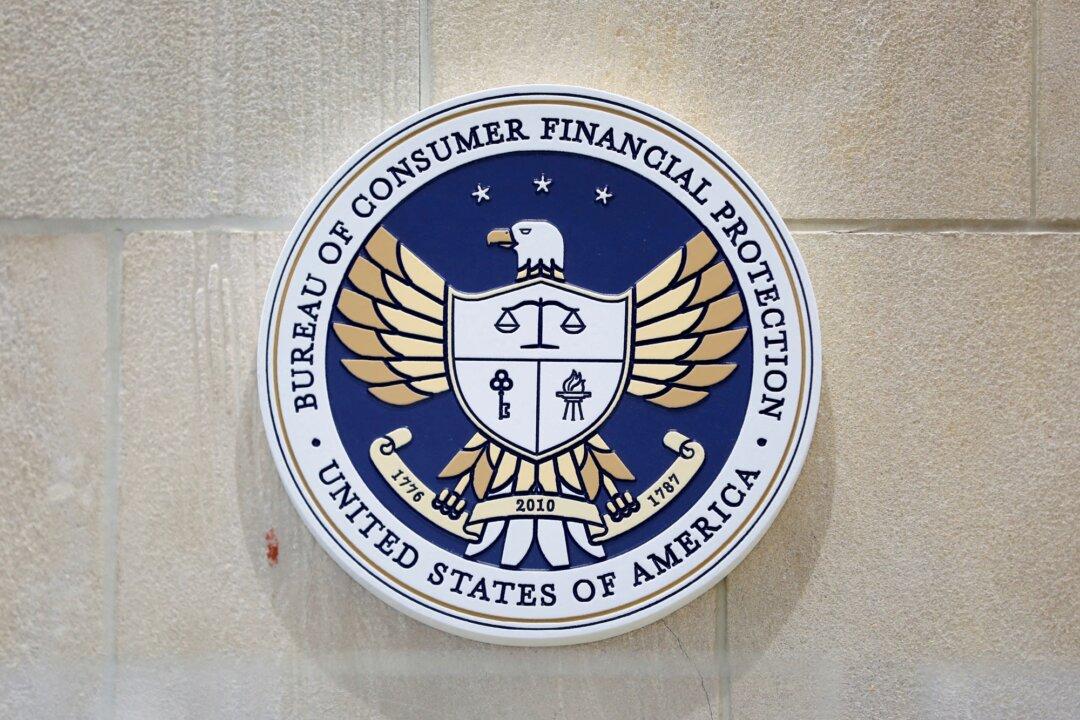The Supreme Court agreed on Feb. 27 to hear a second challenge in three years to the constitutionality of the Consumer Financial Protection Bureau (CFPB).
The appeal gives the court’s 6–3 conservative majority an opportunity to continue its campaign to restrain the so-called administrative state by curtailing the authority of regulators and placing them under more stringent presidential control.





